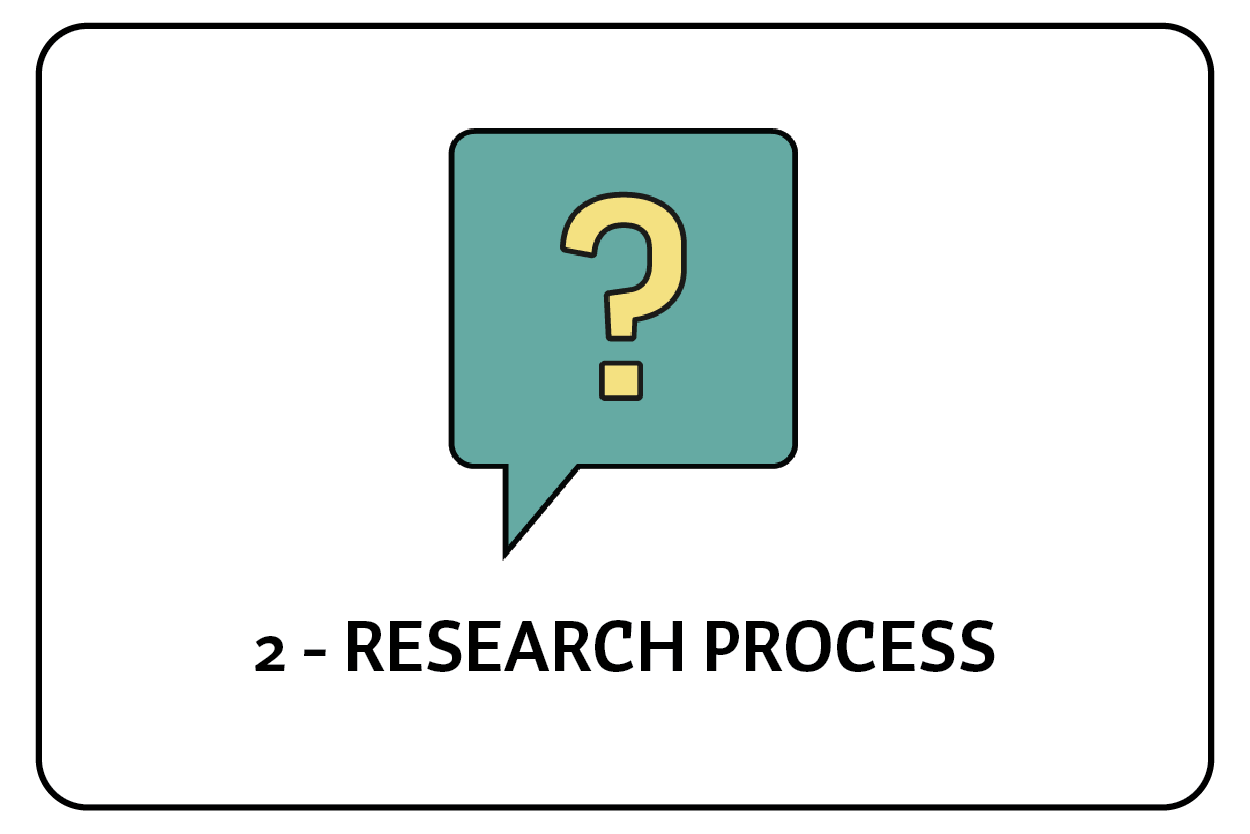What are our reflections on what we have found?
When we tested the field-guide with our focus groups, we discovered that one of the most common things people might say in response to the checklist of difficult behaviours or difficult factors was:
“Isn’t this normal?”
“Isn’t this normal” might also be followed by comments like: “Isn’t this just how people/leaders/bosses/managers/men/civil servants/engineers/Singaporeans etc. are?” and “But what if this is just how I am? And this is my personality?”
What we accept as “normal” may simply be behaviours that have been normalised in our culture. Some difficult behaviours and difficult factors may simply be habits that have been repeatedly tolerated, accepted, even encouraged or rewarded over a long time by many people across many organisations. That’s why so many of us now see it as “normal”.
It will be uncomfortable to design our conversations to facilitate different behaviours. But if we want to “normalise” behaviours that support better conversations, we will have to help people do things that may not be considered “normal” or comfortable in our family, team, organisational or even national culture. However, helping to facilitate such small changes is the way we create new norms for a “new normal”.
For instance, let’s take the general workplace culture of Singapore.
What difficult behaviours and difficult factors may be “normalised” here?
In general, social-emotional learning is not prioritised in Singapore and people skills are still widely seen as optional “soft skills” here. So it is likely that you will face people with under-developed listening skills and self-awareness.
Singapore is one of the most culturally diverse countries in the world, in terms of ethnicity, religion, nationality and class. This means many topics can become instantly more complex due to the diversity of stakeholders that need to be involved and the range of perspectives that must be considered.
Singapore is oriented to seek “the good of the collective”. So it is possible that you might feel pressured to include many more people in a conversation. BUT paradoxically, Singapore is also largely oriented to seek “the approval of authority”. So it is possible that you may also feel some pressure to leave out key stakeholders that you believe authority may not want in the room. It is also likely that people in the room will defer to authority figures to speak and decide on behalf of the collective.
Singapore has been raised on a national narrative of survival through individual responsibility, efficiency, competition and embrace of rapid change. So it is likely that you have to work with people who might overuse short turn-around times, short-term results, competition and hierarchy to get things done.

In order to have better conversations, we need to question what is normal, especially if what is “normal”, results in work conversations that no longer serve us.

Our Journey
Click the boxes to explore different parts of the project!












